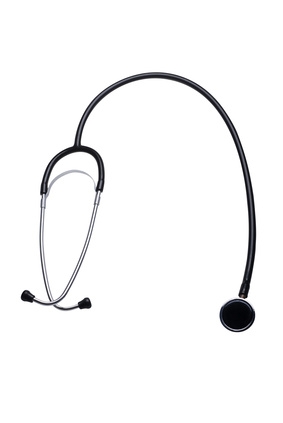
Clunk! That's the sound your car is making, and it is disconcerting. But you can use the process of elimination and a poor man's stethoscope to take a stab at diagnosing the problem. Of course, a car is a fairly complex piece of machinery, so looking for the clunk may or may not be fruitful. But if you don't want to pay a mechanic, it's worth a try.
Crank the engine but leave the car in neutral or park. Listen for a general area that emits the sound. Use a length of hose held up to your ear. Press the other end of the hose against every area you suspect. Avoid catching the hose or your hands up in the fan or belts and pulleys.
Use a stethoscope, a long screwdriver, a length of broom handle or a yardstick pressed against the bony part at the center of the ear. Press the other end against suspected noisy areas. Different components will give off tell-tale noises.
Listen for valve knock or sticky valve lifters or rocker arms at the valve covers. At the lower end of the engine, where the lowest pulley is, listen for water pump and main bearing clicks. On the alternator, listen for bearing failure. All components should emit a faint whir or rotation noise when working properly. Anything out of the ordinary will show up by listening with the real or improvised stethoscope.
Put one foot on each corner of each bumper and bear down quickly and forcefully with your full weight. If you hear a clunk, a suspension part is the culprit. A strut, a strut mount, a shock absorber, a spring or a bushing is worn or loose.
Crawl under the car when the car has not been running. Jiggle every part of the exhaust, from the engine all the way back to the tailpipe. If something clunks, refasten or replace that part of the exhaust.
Drive the car with the windows open and bring a passenger. If you hear clunking all the time, lug nuts may have fallen off and into the hub caps. Check bearings, especially if the clunk is accompanied by creaking. If you have a front-wheel or four-wheel drive car with the front wheels engaged and you hear the clunk primarily when you turn a corner, check the CD axle joints. Typically, CV joints fail because the rubber boots covering them split and allow the grease to fling out, running the joints dry.